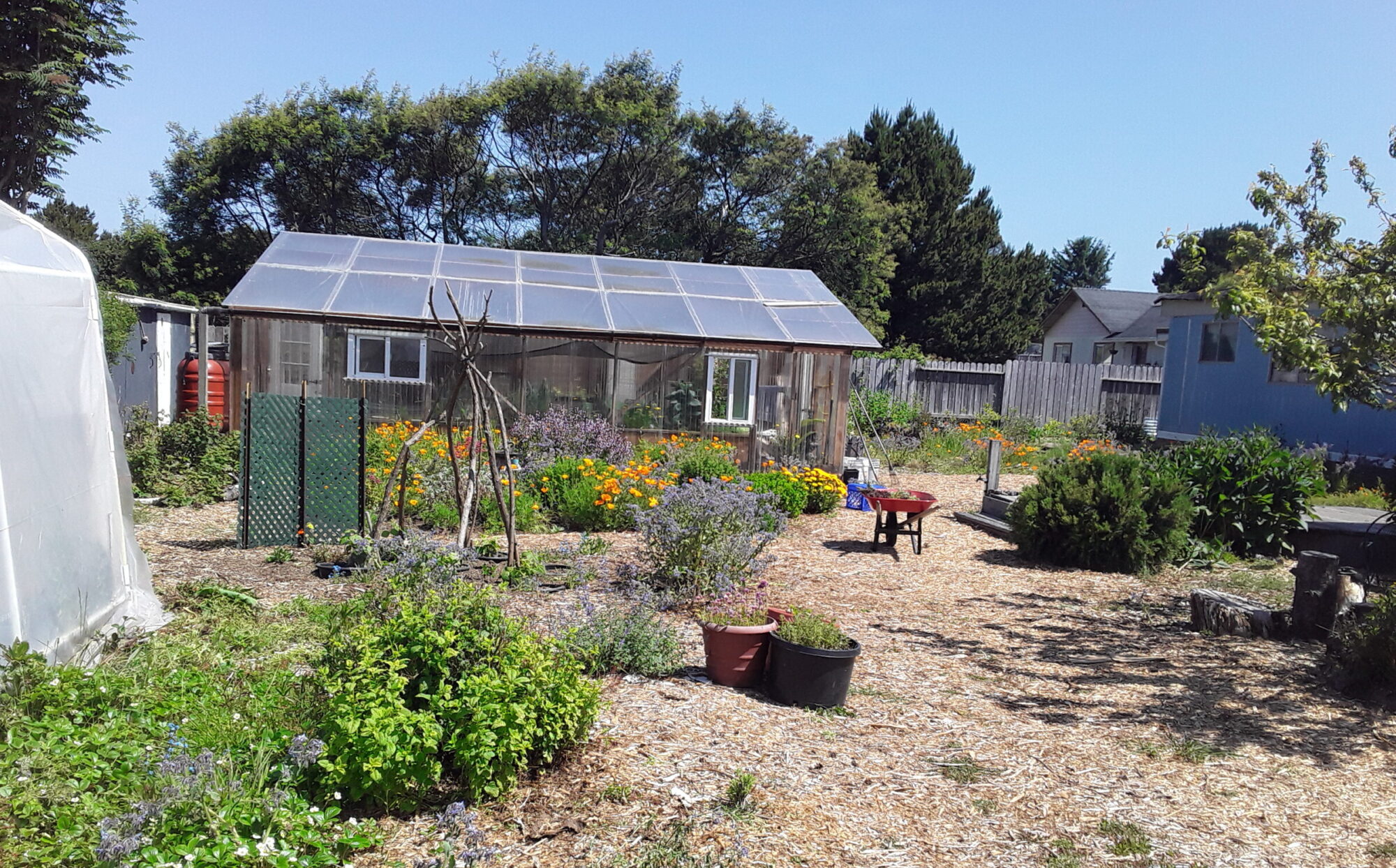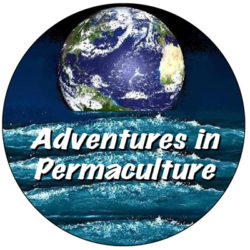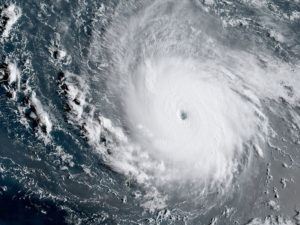The year 2017 may go down in the history books as the year climate change became a disaster. For decades we talked about global warming and greenhouse gases – this year, the planet pummelled humanity into submission with hurricanes, fires and floods.
Some may still debate the finer points of how much human activity is to blame, but no one is saying it’s weather as usual.
Despite growing acknowledgement that climate is changing, I observe a deeper, more insidious level of climate change denial. People see the reality of climate going amok, but still seem to deny that climate change will affect them personally.
Climate change is still somebody else’s problem – whether that somebody else is a desertification refugee from North African trying to jump ship into Europe or a Santa Rosa homeowner waiting for a fire insurance settlement.
We live as though climate change will never touch us – nothing terrible will ever happen to us. We hold onto this irrational hope even though our leaders have no idea of how to evacuate cities or feed people longer than three days if the grid goes down.
We hold onto this irrational hope and yet have no significant stores of food and water in our pantries. Hope is motivator, but it’s not a strategy!
The greatest act of denial I see is people wanting to believe we can avert the coming ravages of climate change by driving electric cars or recycling plastic water bottles. The spectre of human extinction lies down the road and we maintain some sense of sanity by denying it. Who wouldn’t?
Meet Guy McPherson, professor emeritus of natural resources and ecology at the University of Arizona. McPherson coined the phrase “near term extinction” after a decade of research on the possibility of human extinction. He gives us about 10 years for runaway climate change to transform most of the planet into uninhabitable desert.
To speak the unthinkable – that billions of people might starve to death by the year 2030 – has gotten McPherson disowned by just about everybody in the scientific community.
That’s OK, he doesn’t care who wins the argument. He’s a permaculturist and has been developing an off-grid homestead in southern New Mexico for the past eight years.
I call that a “Personal Transition Plan” and have been working on mine since 2013. Wish I’d started sooner, but better late than never. I may not survive climate change, but I don’t want to spend my last days in a high school gymnasium waiting for FEMA to save me.
Bill Mollison – the late co-founder of permaculture – actually planted the notion of a transition plan in his 1991 documentary series, “Global Gardener.”
Mollison took his camera to a small village in India where he had taught permaculture in the late 1980s. The villagers had been trapped in a cash-crop economy – just like the rest of us – in which they no longer grew their own food.
Instead, they cultivated sugar cane, cotton and rubber for market, struggling to earn enough money to turn around and put food on the table.
India’s village system, purposely destroyed by the British Raj, had never been rebuilt despite Gandhi’s success in evicting the invaders.
Mollison offered permaculture as a tool to design self-reliant villages, but how could Indians suddenly stop growing cash crops and switch to their own subsistence crops? (What American could quit his or her job and suddenly survive on their own garden?)
India permaculturist Dr. Venkat explained on camera that villagers in the Hyderabad region worked on a transition plan – switching 10 percent of their land from cash crop to food each year.
“We told them you don’t have to stop totally what you are doing now,” Venkat said. “In the course of 5-7 years, you will transition from an unsustainable system to a sustainable system.”
Mollison’s visit after only four years showed a rocky, dusty village transformed into a lush plantation for fruits and vegetables.
As climate change continues to be a disaster, we all need to build self-reliant local food systems and transition out of our present global, corporate, fossil fuel-driven food chain.
No more denial! Call it a Personal Transition Plan or get some neighbors together and start a Permaculture City – we have the tools, we just need the foresight to use them while we still can.
Next time: It Takes a Village – Finding Yours



